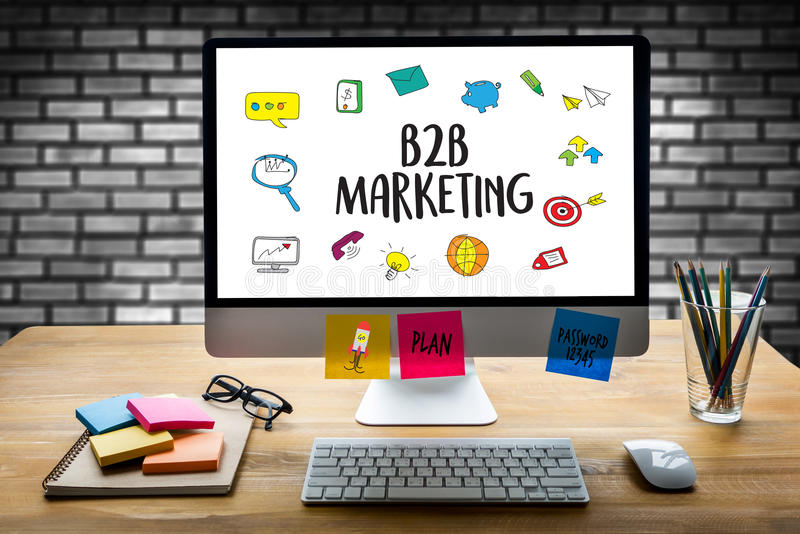B2B Marketing Strategies
Content, specifically the need for it in your marketing budget and within your resource arsenal, has shifted from a mere suggestion to a universal truth for businesses of all sizes and across all industries. But perhaps it’s within the B2B sector that the importance of content increases exponentially.
Why is that the case? Think for a moment about the fundamental differences between B2B vs B2C marketing. B2C audiences are typically much larger, and successful marketing tactics frequently vary based on portions of the target market.
Also, purchases (apart from large or luxury items) are often made quickly and come with a lower AOV (average order value).
B2B markets are typically smaller and more reliant on niche or at least smaller verticals. Marketing tactics, though varied, are intrinsically based on knowledge, credibility, and building relationships. Ultimately purchases may be made with more deliberation, but they also translate into larger AOVs that are characteristically recurrent.

The very nature of B2B clients requires companies to spend an excessive amount of time demonstrating industry knowledge, which translates into credibility and reliable relationships.
As consumers, we know that, despite being optimistic, our best interests aren’t always a business priority, and we do just fine with that little letdown. But for the B2B client, there is no room for visions or fantasy; they need to know that their chosen business partners unequivocally understand their needs as well as the industry in question.
Adding to that is the modern way we, as a global community, do business. Yes, personal sales calls are still important, and the ability to forge long-lasting client relationships is tantamount to success. But in today’s world, relationships start not with a first meeting, but with a first visit. The impression your website leaves upon a potential client is today’s firm handshake. And the words on your webpage play a significant role in what happens after that digital handshake ends.
For B2Bs, content achieves three principal goals:
- Introduces the Brand: Everything from the things you write about to the words you choose defines your brand. As potential clients are visiting your site, it’s the things you say, and how you say them, that introduce your brand and help them create an initial impression. This is the first step in creating brand awareness.
- Presents Knowledge: Similarly, your content, particularly product/service offerings, webinars, blog posts etc., represent the first chance a potential client has at gauging your knowledge of the industry and their specific needs.
- Forces a Decision: Finally, those two things work together to set your company apart from the competition. Whether a customer is simply in the research stage of their purchasing path or within a few weeks or months of signing a contract, the content on your site will help them decide whether they physically and mentally bookmark your brand or if they close your page and never turn back.
The importance of the aforementioned is echoed in a recent B2B Buyer’s Survey report released by Demand Gen Report, which found 97% of buyers preferred companies that showed “knowledge of the solution area and the business landscape” and 94% of buyers also favored those companies that exhibited “knowledge of [their] company and its needs.”
Your website is the number one way to present this knowledge upon the very first interaction. It’s only after that sentiment is conveyed that you’ll generate leads and begin to foster potentially long-term and lucrative relationships.
Of course, it’s not enough to simply posts a few blogs and give your current content a once over. Content marketing requires a well-structured, consistently maintained, and frequently analyzed approach. What you post and when you post it directly impacts your perceived credibility. Seasonality, industry trends, and vertical-specific needs are all considerations that must be used to build a cohesive and high functional plan with guaranteed ROI.
Whether you’re in the process of planning your marketing budget or auditing your company skillset, now is the time to consider what role content will play in your future marketing plans, because like it or not, it will play a significant role in the future of your business.



